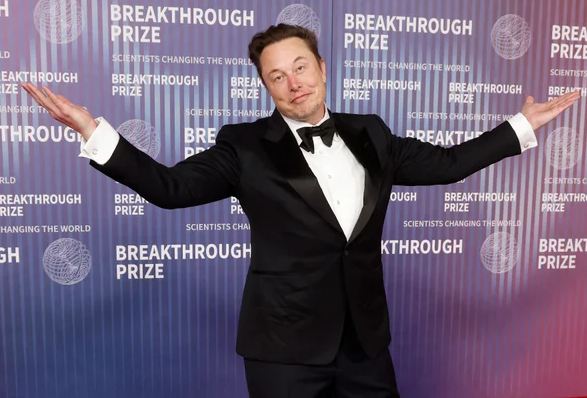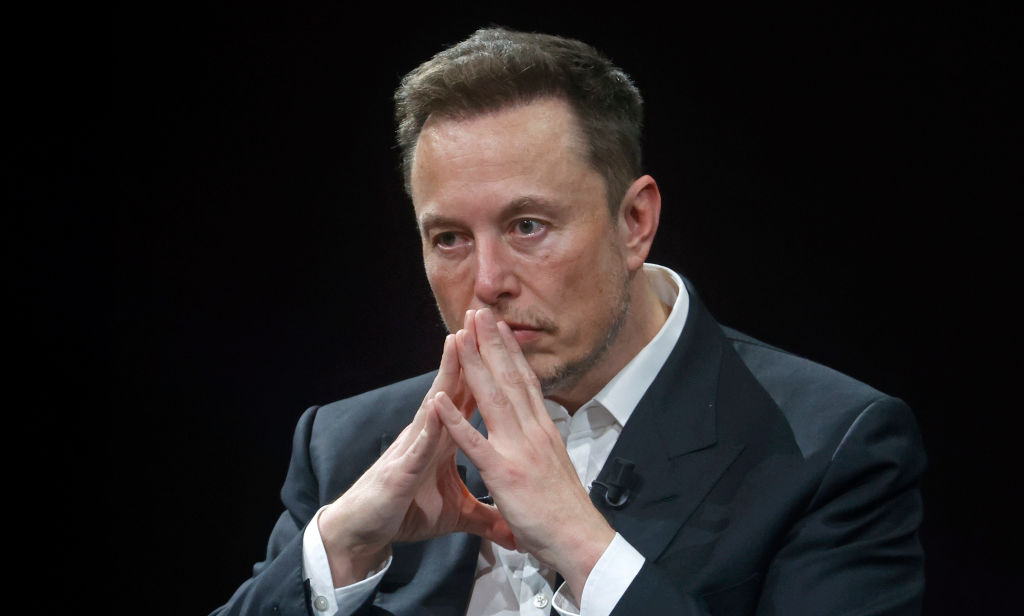Elon Musk, the CEO of SpaceX and Tesla, has long voiced concerns about existential threats facing humanity. In a recent interview, he reiterated his belief that Earth will eventually become uninhabitable due to the Sun’s gradual expansion. Musk emphasized the importance of becoming a multi-planetary species to ensure the survival of human consciousness. He stated, “Eventually, all life on Earth will be destroyed by the Sun… we do at some point need to be a multi-planet civilisation because Earth will be incinerated.”
Scientific Validation of the Prediction
Supporting Musk’s concerns, scientists from Tōhō University in Japan have conducted research using advanced supercomputers and mathematical models to predict the Sun’s long-term evolution. Their findings suggest that in approximately 1.5 billion years, the Sun’s increasing luminosity will lead to a significant rise in Earth’s surface temperature, rendering the planet uninhabitable for human life. This gradual heating will eventually result in the complete evaporation of Earth’s oceans and the extinction of all life forms.

The Role of Artificial Intelligence
Beyond astrophysical threats, Musk has also expressed concerns about artificial intelligence (AI) as a potential existential risk. He estimates a 10-20% probability that AI could lead to human extinction within the next 5-10 years. Musk emphasizes the need for proactive regulation and safety measures to mitigate this risk.
Diverging Opinions in the Scientific Community
While Musk’s warnings have garnered attention, not all experts agree with his timelines. Yann LeCun, Meta’s chief AI scientist, argues that achieving artificial general intelligence (AGI) could take decades, emphasizing that current AI systems lack basic cognitive abilities seen in animals. Similarly, the Bulletin of Atomic Scientists has set the Doomsday Clock at 89 seconds to midnight, reflecting concerns over nuclear threats, climate change, and emerging technologies like AI.
Preparing for the Inevitable
In light of these potential threats, Musk advocates for the colonization of other planets as a form of “life insurance” for humanity. His company, SpaceX, is actively working on technologies to facilitate human settlement on Mars. Musk believes that expanding human presence beyond Earth is crucial for the long-term survival of our species.

Conclusion
Elon Musk’s doomsday predictions, while alarming, are grounded in scientific research and reflect genuine concerns about the future of humanity. Whether it’s the eventual death of our Sun or the rapid advancement of AI, these potential threats underscore the importance of proactive measures to safeguard our species. As Musk and other visionaries push the boundaries of space exploration and technological innovation, the hope is to secure a future where humanity can thrive, both on Earth and beyond. Musk’s perspective encourages global cooperation, innovation, and urgency in addressing long-term existential risks. The dialogue he’s sparked has helped raise awareness, not just about space colonization, but also about the fragility of life on Earth. While the timeline for these doomsday scenarios may stretch millions or even billions of years into the future, the steps we take today could shape the fate of generations to come. In that sense, Musk’s warning isn’t just a prediction—it’s a call to action.

















